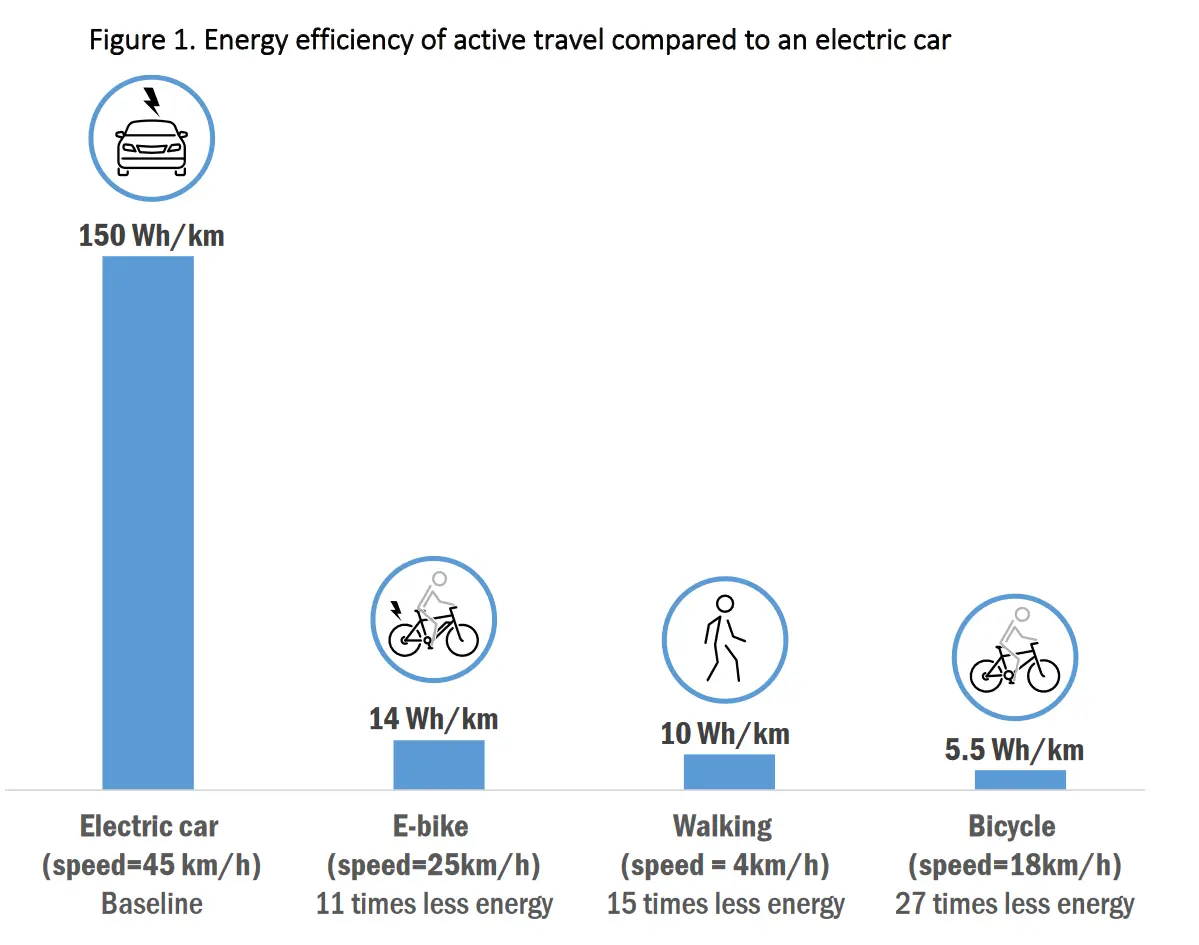view the rest of the comments
Fuck Cars
A place to discuss problems of car centric infrastructure or how it hurts us all. Let's explore the bad world of Cars!
Rules
1. Be Civil
You may not agree on ideas, but please do not be needlessly rude or insulting to other people in this community.
2. No hate speech
Don't discriminate or disparage people on the basis of sex, gender, race, ethnicity, nationality, religion, or sexuality.
3. Don't harass people
Don't follow people you disagree with into multiple threads or into PMs to insult, disparage, or otherwise attack them. And certainly don't doxx any non-public figures.
4. Stay on topic
This community is about cars, their externalities in society, car-dependency, and solutions to these.
5. No reposts
Do not repost content that has already been posted in this community.
Moderator discretion will be used to judge reports with regard to the above rules.
Posting Guidelines
In the absence of a flair system on lemmy yet, let’s try to make it easier to scan through posts by type in here by using tags:
- [meta] for discussions/suggestions about this community itself
- [article] for news articles
- [blog] for any blog-style content
- [video] for video resources
- [academic] for academic studies and sources
- [discussion] for text post questions, rants, and/or discussions
- [meme] for memes
- [image] for any non-meme images
- [misc] for anything that doesn’t fall cleanly into any of the other categories

Not trying to be that guy, but do the bike and walking numbers include the energy from the calories you eat, or the energy needed to produce that food?
I don't think they need to, most people already eat more food than they need to whether they walk or drive. I'd wager the average person wouldn't need to change a thing in their diet and would overall only improve their health by walking more.
I've read that unless the person riding the bike is vegetarian, the ebike actually has a lower carbon footprint than the normal bike. They're still both far better than the car (ice or EV).
I might dispute the idea that there's a 1:1 relationship between marginal calories expended exercising and marginal calories eaten.
A UK study showed ebikes have a smaller carbon footprint due to how much meat British people eat.
I'm not sure I understand what you're trying to say. Do you think you get energy from some source other than food?
If I burn 100 kilocalories pedaling a bike, my body will be using 100 kcal of energy that I got from food. There is a certain amount of carbon dioxide emission associated with the production of 100 kcal of food. That amount varies with what type of food I eat and what farming practices are used. If I choose to simply not eat extra food to replace the energy I used, my body will simply have less stored energy afterwards. My energy absolutely comes 100%, 1:1 from the food I eat, and that food has an environmental impact.
Now, if I ride an ebike, my body will use less energy. I will use energy generated by the power plant. The energy created at the power plant may actually have less environmental impact than the farm creating the food I would have eaten.
Maybe your basal metabolic rate will change because you bike more.
Since you'd have to bike like 30 miles a day for calories from biking to surpass calories from basal metabolism, small changes is basal metabolism will mater a lot
I'm still having a hard time understanding your point. Sure, becoming more fit and replacing fat with muscle may slightly increase your basal metabolic rate but I feel like were onto "I don't use plastic straws" levels of insignificance.
If you're biking a few miles to work each day and this ends up being such vigorous exercise that you increase your basic metabolic rate by 50 calories a day or so, you're still using nowhere near the amount of energy and creating far less pollution than would have been required to drive to work. Small changes in basal metabolism will mean very little.
My point is that measuring energy use from exercise isn't very meaningful since energy use by animals is so complicated. It seems wrong to say that exercising more increases your carbon footprint.
Maybe studies that meaure the effects long term energy in response to increased exercise. But either way, some amount of exercise is necessary for human health. Biking to work instead of running on a treadmill is clearly carbon negative. Or maybe people biking to work will cause them to get a wasteful biking hobby where they buy a new carbon fiber bike every year.
I see.
Well, I think that the take away message here is that, on average, the energy required for a person to ride their bike (ebike or entirely human powered) to work is so small that the signal gets lost in the noise of normal human metabolism, especially if we take peoples' exercise routines into account.
On the other hand, driving to work has a large, easily quantifiable energy requirement. It is very obviously costly and unsustainable.
No, I had the same thought.
Are you saying "No, it's not included" or "No, you're not being 'that guy'"?
yes
I meant it as a "Don't worry about being that guy, because if you didn't make that comment, I would have"
It says "electric car"
I wondered that too. I imagine it would be very inaccurate to include that as the amount of calories needed would vary wildly person to person. For example, I burned around 2000kcal to cycle 100km in hilly terrain at the weekend, while a friend burned roughly twice that on the same ride.